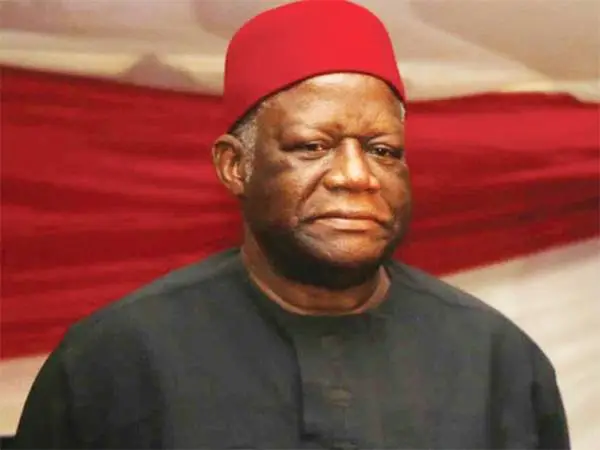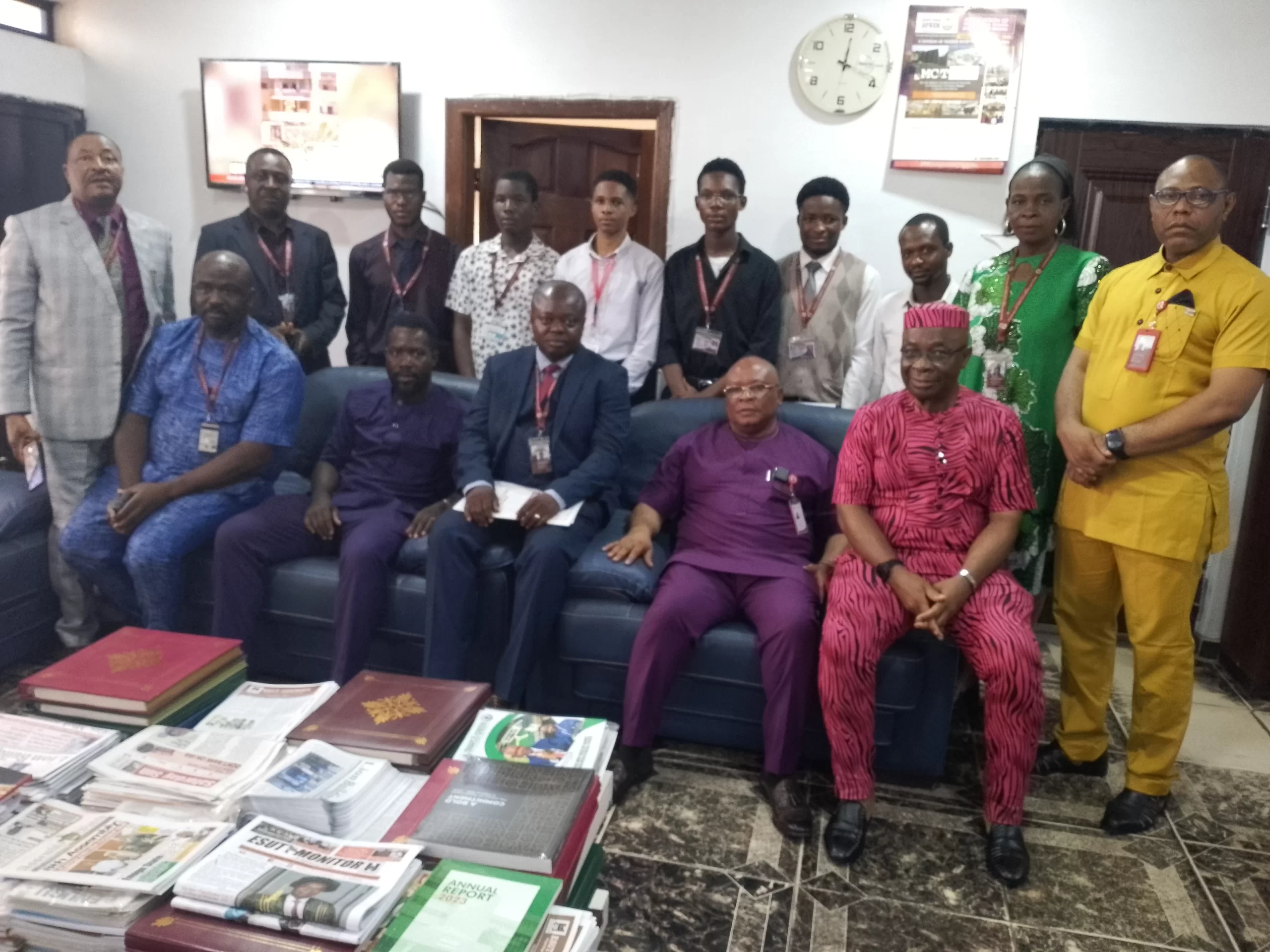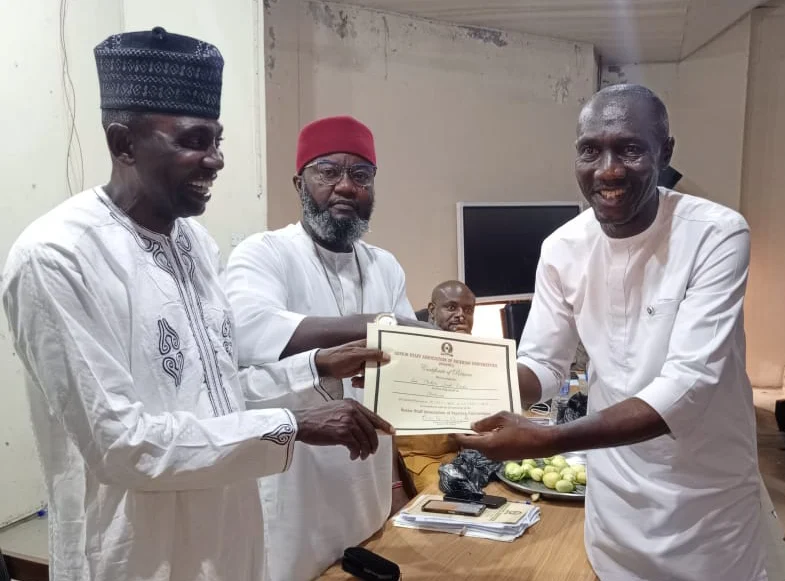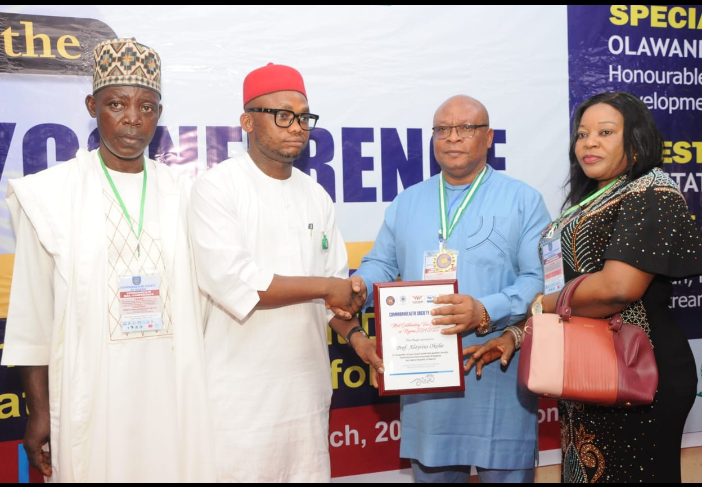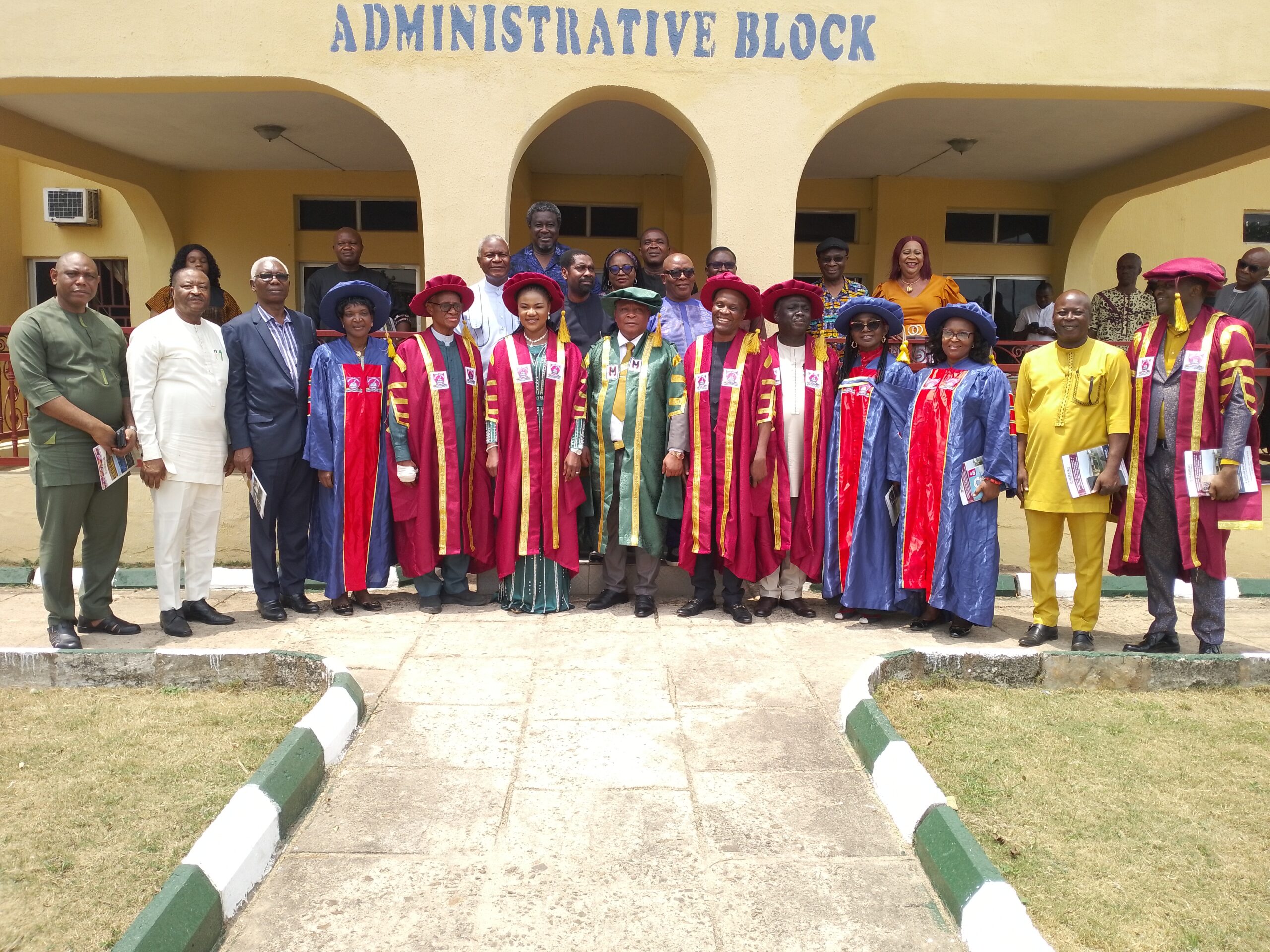General Ike Nwachukwu’s appointment as the Pro-Chancellor and Chairman of the Governing Council of the University of Nigeria, Nsukka, UNN, came at a time the University is neck-deep into politics, especially, with the expiration of the tenure of the former Vice Chancellor of the University, Professor Charles Igwe.
General Ike Nwachukwu (retired), by the virtue of the appointment has become the pre-eminent stakeholder in the affairs of the University, since he now carry on his shoulders, the onerous responsibility for the prudential and good governance of this heritage institution.
The absence of the Governing Council, over the last 12 months, vicariously turned Vice Chancellors into sole administrators, that at the best of times could easily fall prey to the allure of arbitrariness associated with unregulated powers. As you will discover soon enough, that was the case in the University of Nigeria. However, given the caliber of persons that constitute the membership of this Council, the university community has every reason to expect and trust that this Council will do whatever it would take to return the university to the path of responsible governance.
As a key driver in governance of the university, General Ike Nwachukwu should to be bold and disruptively innovative to be able to start the process of reclaiming some of the past and lost glory of the university. In doing this, he should be fair, open , approachable and promote merit, while eschewing primordial considerations that have been at the core of the challenges that have bedeviled this university over the last decade.
As you are keenly aware, the appointment of a substantive Vice Chancellor will constitute General Ike Nwachukwu’s early key responsibility. On the way to this appointment will be the issue of appointment of an Acting Vice Chancellor who shall superintend over the affairs of the university for six months while the process for the appointment of a substantive Vice Chancellor runs. As you are also aware, the current overseer of the affairs of the university was selected from amongst the DVCs in line with the ministerial directive pending the inauguration of Council, whose responsibility it is to appoint an Acting Vice Chancellor.
Now that the Council is in place, it is expected that an Acting Vice Chancellor will be appointed to act for six months in line with extant legislations. In line with the above, Council may do well to note that in the matter of Acting Vice Chancellor for the university, there is no action awaiting ratification by Council. There is none in law and none can be laid before Council in the context of the Agenda being prepared by the management of the university for the purpose of the upcoming meeting of Council.
There is no basis in law for any recommendation from Senate to Council in this matter. For all intents and purposes, the overseer elected by the Senate is self-limiting and therefore not capable of transmuting to become Acting Vice Chancellor as envisaged by the law. As you would be acutely aware also, the act governing the appointment of Vice Chancellors does not support a situation whereby an incumbent Vice Chancellor could be in office and be a critical member of Council and still be a candidate for the same office. It is for this reason that the tenure of Office of the Vice Chancellor is restricted to one term of five years and no more, unlike in the earlier arrangement when the Vice Chancellor could be appointed for a first term of four and a second term of three years.
The framers of the current act were mindful of the implication of an incumbent being a candidate for the establishment of a level playing field for qualified professors seeking to be considered for the office of Vice Chancellor. An acting Vice Chancellor, being a candidate for the position of Vice Chancellor is antithetical to the establishment of a level playing field for contestants, and the intendment of the law. It is obvious also that the intendment of the law is that in a situation such as currently obtains in our university, the Governing Council shall appoint to the position of Acting Vice Chancellor, a Professor who shall not be eligible to be considered for appointment to the position of substantive Vice Chancellor.
This being the only way to ensure fair, free and credible selection and appointment process. One who is already in possession and enjoyment of the goodwill of the Office of the Vice Chancellor and critical member of the Governing Council cannot be a candidate in a free, fair and credible process.
Luckily, the university has a surfeit of very senior professors who have served the university and other Nigerian universities in position of Deans of Faculty and higher, and who for reason of age (being above the age of 65) shall not be eligible to be appointed to the position of Vice Chancellor.
The Council is therefore urged to be resolute in taking the right decision to appoint from the rank of such academics, a professor who being above the age of 65 years (and therefore ineligible to be considered for position of Vice Chancellor) shall be Acting Vice Chancellor for the period of six months. Doing this will bolster the integrity and acclaim of the Council, douse tension and reassure stake-holders that the university can yet get away from the era of ‘prebendalism and business as usual’ that has been at the center of her rot.
